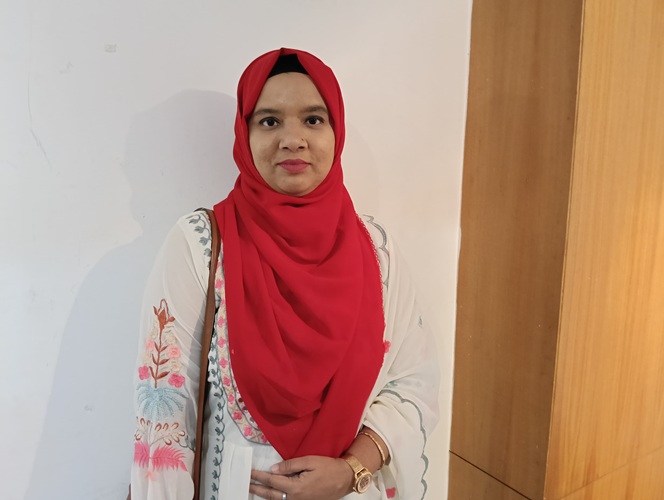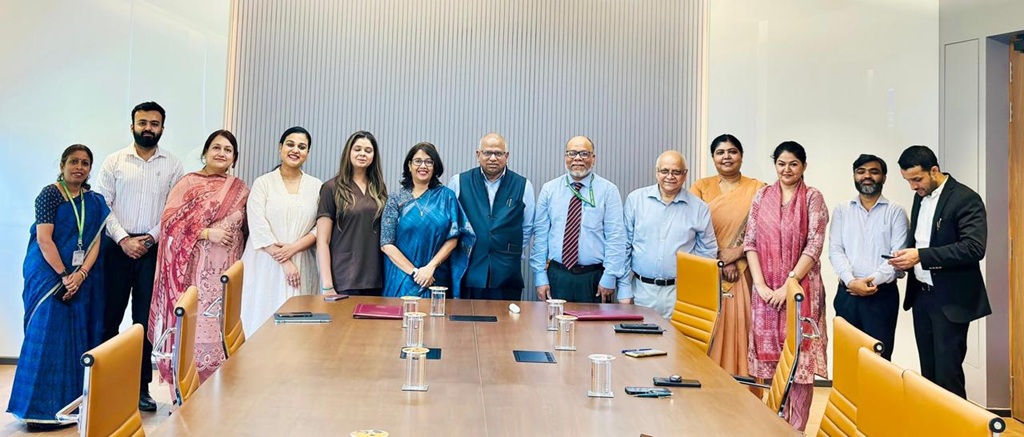Moneylife Foundation’s ‘Report on Public Liability Insurance in India’ is a 360-degree perspective on the rules and regulations governing liability insurance, its functioning and operability – both for massive public tragedies like Bhopal Gas (which led to the enactment of the Public Liability Insurance Act) and the subsequent evolution of commercial liability products in line with contractual mandates of global commercial organisations.
Mumbai, March 8,2023: Moneylife Foundation’s ‘Report on Public Liability Insurance in India’ is a 360-degree perspective on the rules and regulations governing liability insurance, its functioning and operability – both for massive public tragedies like Bhopal Gas (which led to the enactment of the Public Liability Insurance Act) and the subsequent evolution of commercial liability products in line with contractual mandates of global commercial organisations.
On Monday, the “Report on Public Liability Insurance in India” was released by Devesh Srivastava, chairman of General Insurance Corporation of India (GIC). He says, “In the US, nearly 40-45 per cent insurance products are liability insurance compared with just 1-1.5 per cent in India. We need to change this and take public liability insurance products to the mass market. It will bring required change in the mindset of businesses as well as the common public.”
The report has also made some key recommendations to ensure the efficacy of liability insurance is improved and rules and regulations are implemented to protect victims’ rights, such as improving upon the draft amendment of the Public Liability Insurance Act to ensure training of district collectors concerning the relevant provisions of the Act, and adding accountability and self-reporting from district collectors.
The report is a culmination of the work and efforts put in by the Moneylife Foundation to better understand liability insurance for public places after realising that such insurance was often misunderstood and underutilised in India.
In most developed nations, if you are injured in a public space such as a bank, cinema, mall or restaurant, the owner of the establishment has an insurance policy that covers it. In India, we are on our own – if you have a good enough personal accident policy and health policy, you may be covered. The public establishment has no responsibility even to call an ambulance to get you to a hospital.
Moneylife Foundation discovered this through the case of DS Ranga Rao (Perils of Visiting a Bank – When Accidents on Branch Premises Leave Customers with Huge Costs and No Compensation), when every grievance redress mechanism failed to get him justice and compensation after he was severely injured while trying to access his bank locker.
Only after the Moneylife Foundation escalated it to the highest level of the Reserve Bank of India (RBI) was Rao reimbursed for his surgery and hospitalisation.
Shrirang Samant, former regional director of Lloyds of London, suggested liability insurance as a viable option for victims of such incidents. This intrigued Moneylife Foundation to explore further and after several fruitful discussions with industry stalwarts, help was sought from Uttara Vaid, a well-known expert on such insurance, to research and complete a comprehensive report.
With a brief presentation on the report’s key findings, Vaid says, “Public Liability Insurance will not take off until low legal awareness endemic to India is combated.”
She also talked about the regulatory framework currently in place to address issues of relief and compensation to victims – the Public Liability Insurance Act (1991) and the National Green Tribunal Act (2010). However, she also pointed out that effective implementation of both acts is hampered by a lack of immediate relief and that it only applies to victims of accidents involving hazardous substances, i.e., industrial accidents.
Among other issues, she also described in detail the reasons for the low penetration of liability insurance in India and the possible solutions for creating awareness about the relief options available for victims. Since the liability insurance and regulatory framework for motor accidents is robust, her most important suggestion during the presentation was to replicate the same process and framework for liability insurance to improve effectiveness and applicability.
Speaking on the report, Samant commented, “In India, nobody buys insurance products unless it is made mandatory like the motor insurance. We need to create awareness about public liability insurance. For example, if someone sues somebody responsible for safety of a public space, then it will create a much needed media coverage and thus bring awareness about liability insurance.”
Among the experts consulted for the report was K.K. Mishra, former chairman and managing director (CMD) of Tata AIG General Insurance. He says, “The small change that can be brought immediately is to remove the word ‘hazardous’ from the PLI Act. Also we need to make people aware about public liability insurance. For example, half of the vehicle owners don’t know much about motor insurance but see how it is penetrated.”
According to Dhananjay Date, former MD of Swiss Re, “we Indians do not like confrontation especially in insurance matters.
“People do not even know that they have a right to claim (insurance or compensation). This is where public liability insurance plays a big role. At the same time IRDAI need to increase compensation amount offered under the PLI Act, considering inflation and cost of living,” he says while sharing his comments on the report and the importance of its findings.
N. Rangachary, former chairman of IRDAI while not present at the event, has also read the report and commented that liability insurance “is a very interesting subject – worth pursuing in the background of India’s economic and industrial development. If we want to be a world player, our insurance companies must be enabled to be competitive in this business”.
He further added that, “The pricing of the product must follow actuarial principles and we should encourage general insurance companies to go in for this business. There should be no disinterest in this business for them when these are ensured.”






0 Comments